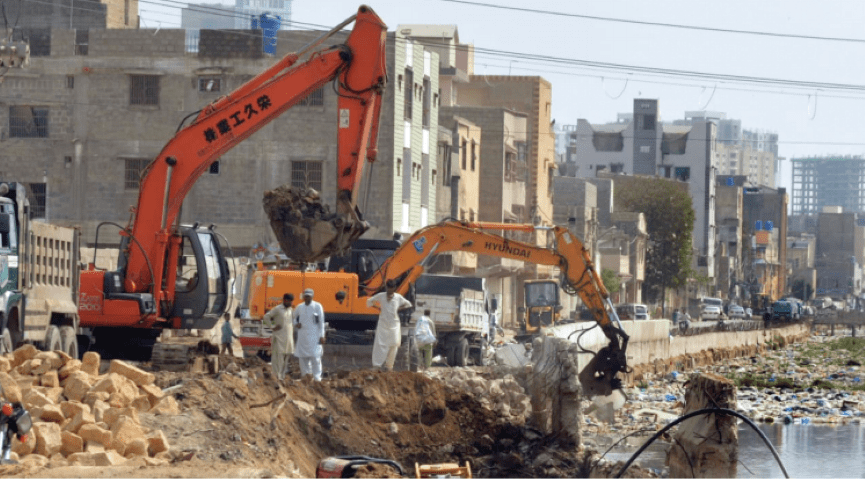Karachi has been classified as the fourth less habitable city in the world, according to the Livability 2025 index published Tuesday by the Economist Intelligence Unit (EIU), an investigation arm of The economist Cluster.
Covered in 170 of 173 cities evaluated worldwide, Karachi was the only Pakistani city included in the index. He qualified just above Dhaka (Bangladesh), Tripoli (Libya) and Damascus (Syria), which kept the lower position.
The Liveability Index of the EIU evaluates cities in five categories: stability, medical care, culture and environment, education and infrastructure, using more than 30 indicators to reach the final scores.
Copenhagen was named the most habitable city in the world, obtaining almost perfect scores in stability, education and infrastructure, with a general score of 98 out of 100.
Read more: Karachi is among the less habitable cities in the global survey once again
He replaced last year’s leader, Vienna, who fell to second place due to two frustrated terrorist attacks that affected his stability score. Zurich tied with Vienna in second place, while Geneva completed the first five, underlining the domain of Western European cities in the index.
Melbourne, with a 97 score, was the only non -European city to enter the first five, occupying the fourth place. Other cities of the southern hemisphere appeared prominently in the top ten, including Sydney (6th), Osaka (7th), Auckland (8th) and Adelaida (ninth). Vancouver (tenth) was the only representative of North America at the upper level.
Several cities in the United Kingdom, including London, Manchester and Edimburg, saw decreases in their positions, attributed to generalized civil disturbances and the increase in lack of housing. London and New York ranked 54 and 69 respectively, with threats of congestion, crime and terrorism that weighs their scores.
Canadian cities also fell into the classification, largely due to the lowest medical care scores in all areas.
The report indicated that the Middle East showed the most significant improvement, driven by improvements in health and education in Saudi Arabia and the United Arab Emirates.
In southern Asia, most cities were badly classified, with the EIU citing high levels of pollution, extreme temperatures and regional tensions. The ongoing military confrontations along the Kashmir border contributed to lower stability scores for several Indian cities.
Damascus remained at the bottom of the list. However, the ISU suggested that the situation can improve in future editions, after the expulsion of Bashar al-Assad in December and the subsequent decrease in US sanctions.
The report concluded that, although inflationary pressures had relieved a bit, the increase in geopolitical tensions raised new risks to urban stability and the general quality of life in many regions.




